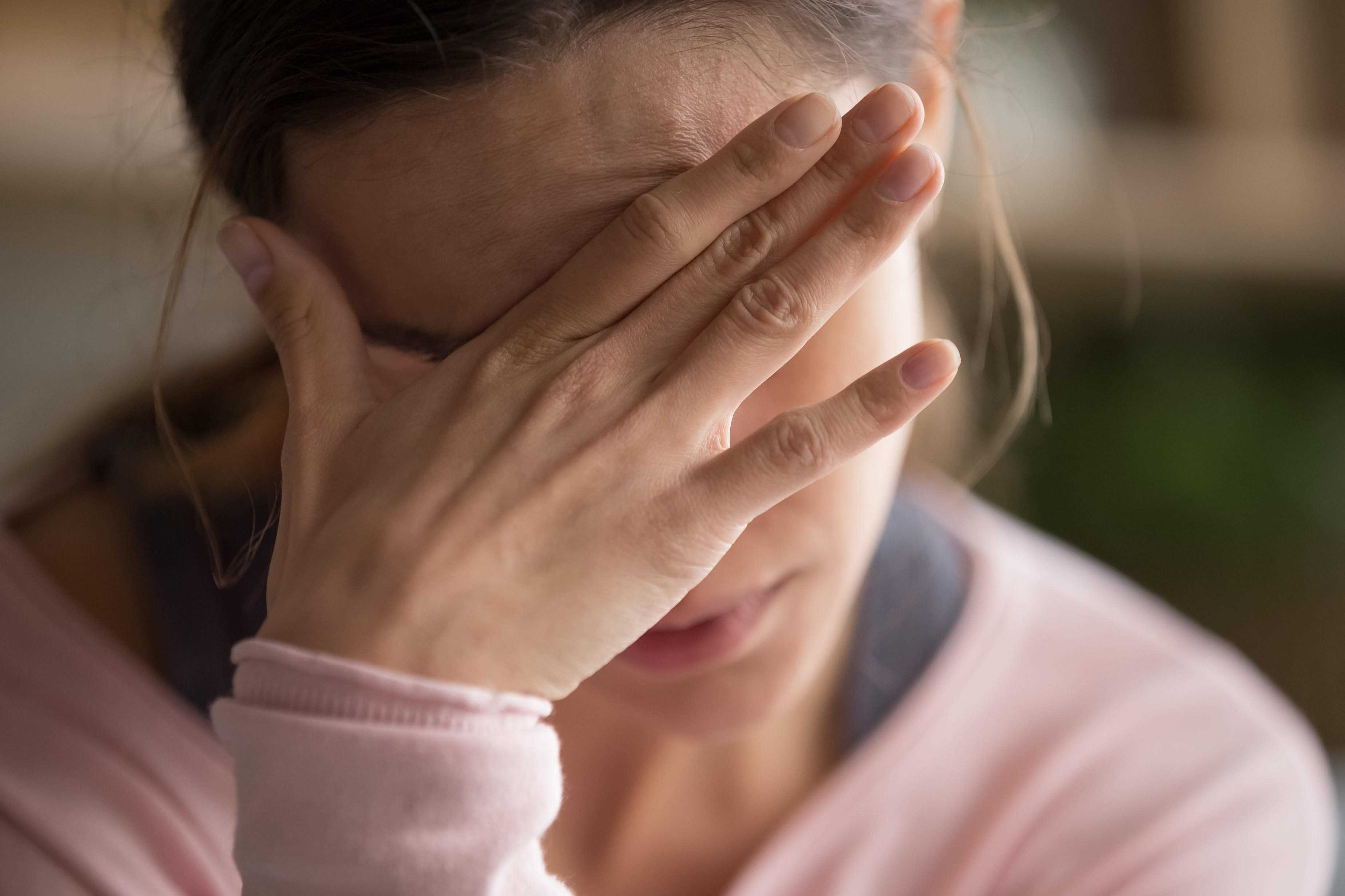
Anxiety affects millions worldwide, but how much do we really know about it? Anxiety disorders are the most common mental health issues in the U.S., impacting 40 million adults every year. But anxiety isn't just about feeling nervous; it can manifest in various ways, from panic attacks to social anxiety. Did you know that anxiety can also cause physical symptoms like headaches and stomachaches? Or that it often coexists with other conditions like depression? Understanding anxiety is crucial for managing it effectively. Let's dive into 26 fascinating facts about anxiety that might surprise you and help you understand this complex condition better.
Key Takeaways:
- Anxiety affects people of all ages and can have physical effects on the body. It's important to recognize the symptoms and seek help when needed.
- Coping mechanisms like exercise, mindfulness, and therapy can help manage anxiety. Remember, it's okay to ask for support when dealing with anxiety.
Understanding Anxiety
Anxiety is a common mental health condition affecting millions worldwide. It can manifest in various ways, impacting daily life and overall well-being. Here are some intriguing facts about anxiety that might surprise you.
-
Anxiety disorders are the most common mental illness in the U.S., affecting 40 million adults each year.
-
Women are twice as likely to be affected by anxiety disorders compared to men.
-
Anxiety can be hereditary. If a parent has an anxiety disorder, their child is more likely to develop one too.
-
There are several types of anxiety disorders, including generalized anxiety disorder (GAD), panic disorder, social anxiety disorder, and specific phobias.
-
Symptoms of anxiety can include excessive worrying, restlessness, fatigue, difficulty concentrating, and sleep disturbances.
Physical Effects of Anxiety
Anxiety doesn't just affect the mind; it can also have significant physical effects on the body. Here are some ways anxiety can manifest physically.
-
Anxiety can cause a rapid heart rate, also known as tachycardia.
-
It can lead to digestive issues, such as irritable bowel syndrome (IBS).
-
Muscle tension and headaches are common physical symptoms of anxiety.
-
Chronic anxiety can weaken the immune system, making individuals more susceptible to illnesses.
-
Shortness of breath and hyperventilation are also common during anxiety attacks.
Anxiety in Different Age Groups
Anxiety can affect people of all ages, from children to the elderly. Each age group may experience anxiety differently.
-
Children with anxiety may exhibit symptoms such as clinginess, tantrums, and refusal to go to school.
-
Teenagers might show signs of anxiety through changes in behavior, such as withdrawing from social activities or experiencing academic difficulties.
-
Adults often experience anxiety related to work, finances, and family responsibilities.
-
Elderly individuals may develop anxiety due to health concerns, loss of loved ones, or isolation.
-
Anxiety in children and teenagers can sometimes be mistaken for normal developmental changes, making it harder to diagnose.
Coping Mechanisms and Treatments
There are various ways to manage and treat anxiety, ranging from lifestyle changes to professional help. Here are some effective coping mechanisms and treatments.
-
Regular exercise can help reduce anxiety by releasing endorphins, which are natural mood lifters.
-
Mindfulness and meditation practices can help individuals stay grounded and reduce anxious thoughts.
-
Cognitive-behavioral therapy (CBT) is a highly effective treatment for anxiety disorders.
-
Medications, such as selective serotonin reuptake inhibitors (SSRIs), can be prescribed to help manage anxiety symptoms.
-
Deep breathing exercises can help calm the nervous system and reduce anxiety.
Interesting Facts About Anxiety
Here are some lesser-known facts about anxiety that might surprise you.
-
Anxiety can sometimes be beneficial. It can motivate individuals to prepare for important events or avoid dangerous situations.
-
People with anxiety are often highly empathetic and sensitive to others' emotions.
-
Anxiety can cause "brain fog," making it difficult to think clearly or remember things.
-
Social media can exacerbate anxiety, especially in teenagers and young adults.
-
Anxiety disorders often co-occur with other mental health conditions, such as depression.
-
Pets can help reduce anxiety. Spending time with animals can lower stress levels and provide comfort.
Final Thoughts on Anxiety
Understanding anxiety helps us support those who struggle with it. Knowing that anxiety disorders are the most common mental illness in the U.S. and affect 40 million adults highlights the importance of awareness. Recognizing symptoms like excessive worry, restlessness, and fatigue can lead to early intervention. Treatments such as therapy, medication, and lifestyle changes offer hope. Remember, anxiety isn't a weakness; it's a medical condition. Encouraging open conversations about mental health reduces stigma. If you or someone you know is dealing with anxiety, seek help. Resources like hotlines, support groups, and mental health professionals are available. Knowledge empowers us to create a more understanding and supportive community. Stay informed, stay compassionate, and remember, you're not alone in this journey.
Frequently Asked Questions
Was this page helpful?
Our commitment to delivering trustworthy and engaging content is at the heart of what we do. Each fact on our site is contributed by real users like you, bringing a wealth of diverse insights and information. To ensure the highest standards of accuracy and reliability, our dedicated editors meticulously review each submission. This process guarantees that the facts we share are not only fascinating but also credible. Trust in our commitment to quality and authenticity as you explore and learn with us.
